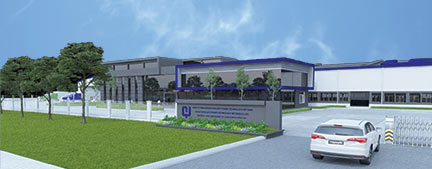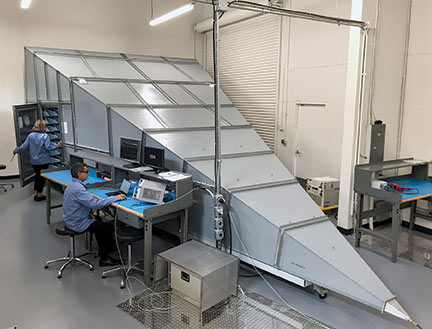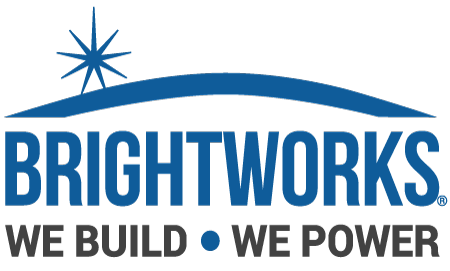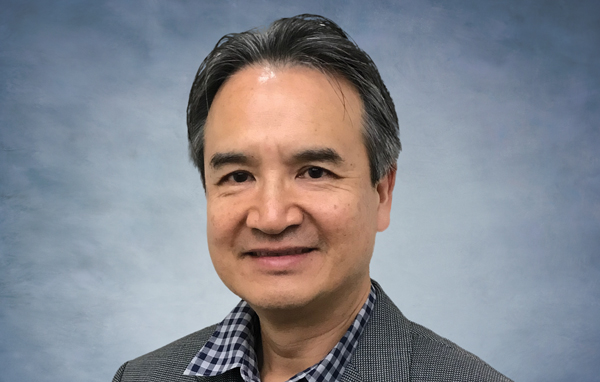SAN DIEGO, Calif. – Born in Hong Kong and sent to study in the U.S., Daniel Ma graduated from San Diego State University with a degree in Electrical Engineering. At that time, China was starting to open business opportunities with its special economic zones, and Ma had a dream for opportunities within the electronics sector in China.
Being an entrepreneur at heart, in 1989 Ma bought a portion of a manufacturing plant that was moving out of China and relocating to Thailand. As the quality manager, he saw an opportunity to keep the company’s customers happy by keeping a portion of the business in China. Hence, Group Intellect Power Technology was born with just 80 people. Today, the organization has over 2,500 employees with sales and applications engineering offices in the U.S., Germany, and Asia along with manufacturing plants and R&D facilities in China and Vietnam.
The company designs, prototypes, tests, and manufactures a wide range of power conversion solutions with award-winning quality. These include switching power supplies from 1 to 3,000 Watts, adapters, and highly-efficient transformers. They also manufacture consumer products including radio frequency, consumer electronics, and electro-mechanical devices.
We sat down with Ma to get his views on the current U.S. trade war.
Q. How has manufacturing in China changed from when you first started your electronics career?
A. Over the past 30 years, I have witnessed many changes in China. You used to be able to hire 100 people in just one day. Today, you can’t hire as many people as you wish. As China has grown and become more wealthy, costs have increased. It’s just a matter of time that companies will no longer be able to run a labor-intensive factory in China. We have seen this coming, and have put into place an alternate strategy for our customers.
Q. Due to the U.S. trade war, manufacturing plants in China are moving to other countries. How does this affect Group Intellect Power Technology and your customers?
A. We are in a great position as we opened our nearly 60,000 square foot plant in Vietnam over ten years ago. Today, we have more than1,000 employees in that Vietnam factory and we are opening our second high-volume 180,000 square foot factory campus now. The second phase of our buildout in Vietnam will happen within the next couple of years. That will add another 180,000 square feet.
As for the trade war, no one thought this would happen. 25 percent tariffs will hurt many companies and prompt them to relocate to other countries like Vietnam that don’t have tariffs. However, it’s very costly and time-intensive to move a plant – taking up to a year to move to a new site.
When we moved to Vietnam 10 years ago, I compared the costs between China, Vietnam, Thailand, Indonesia, Malaysia, Cambodia, and other Far East countries. While Vietnam is not the lowest cost, I had to consider many factors including the infrastructure, quality of workers, language, and taxation. Ho Chi Minh City (Saigon) is very international, and many people speak both Chinese and English making communicating much easier. Today, labor costs are 25 percent lower than in China and there is lower labor turnover. Other countries don’t have a good infrastructure in place, and logistics are challenging. For plant relocation, Vietnam is the number one choice, second is Malaysia and third is Indonesia. Another consideration is what kind of raw materials there are in that given country. For example, in Vietnam, there are rubber tree plantations. This can be of help to us in the long run as we use a lot of plastic.
Now is the perfect time to expand in Vietnam and we see that our global customers are wanting to move products from China to Vietnam. We build very high-quality power conversion products in Vietnam, and our New Product Introductions (NPIs) are complete in a very short amount of time. We will be filling up our factories very quickly.
Q. What about the supply chain?

New 180,000 square foot Dongguan, Vietnam factory slated for Q4 2018 opening
A. With China charging tariffs on imports such as integrated circuits (ICs) from the U.S., costs will become less competitive for companies building in China. We build finished products and need printed circuit boards (PCBs), ICs, capacitors, and other components. We look to closer countries to source components – as China will no longer be cost-effective. The combined effect of labor shortages, wage increases, intellectual property issues, and the overhang of the one-child policy is a challenge for China – and U.S. companies producing their products there.
If the trade war continues, the supply chain will be disrupted. It’s a matter of time. Tier 2 and tier 3 suppliers will have to move. Our suppliers can move to Vietnam and save costs. The supply chain in Vietnam is not as mature right now as in China, but it will come. In my Vietnam plants, we have vertically integrated and put in our own high volume plastic injection molding machines, so we don’t need to source from China, saving on lead times and shipping – which is a huge cost and time advantage for our customers.
Q. Is there still a stigma in doing business in Vietnam?
A. The war happened a long time ago; however, there are some that have questions before they see our state-of-the-art manufacturing plants. The Vietnamese love U.S. people, U.S. brands, and U.S. products. There is a lot of investment in Vietnam. One of our largest customers is moving their products to Vietnam. They love the people, the city, and the food.
Q. You’ve recently opened a North America sales office. Why did you choose to locate in Carlsbad, California (San Diego)?
A. I’m from here – I love California and the weather. Moreover, our president, Rob Carl, is from San Diego. There is a rich talent pool here and we are among significant technology companies, such as Qualcomm, ViaSat and ResMed.
Q. You also recently invested in and opened a new Pre–Compliance Testing Laboratory. What is its significance?

State of the art EMC/EMI Pre-Compliance Lab in Carlsbad (San Diego), Calif.
A. We build high-volume, high-quality power conversion solutions for telecommunications, industrial, LED lighting and medical equipment. Passing rigid emissions and radiated tests (EMI/EMC) is very important to comply with UL, FCC, and CISPR safety standards. The outside lab in Shanghai takes a long time to test, and different labs have different correlations. Now, our North American customers can send their products to our state-of-the-art pre-compliance lab here in Carlsbad that efficiently performs both radiated immunity and emissions testing in a single, controllable and shielded environment. Our GTEM 2000 test chamber is the only one in North America and one of only three in the world. Our calibrated environment allows our customers the ability to work with our engineers to quickly solve problems before going to full compliance testing. The ability to pre-test products is a huge savings of both time and money for our customers.
Q. What’s next?
A. The trade war is a sensitive topic and I predict it will take years to settle. There will be no quick solution. For our customers, being in and expanding in Vietnam is a real positive. It’s a crisis, but it’s also an opportunity. We’re in a very good position to capture more U.S. OEM and power electronics business. The Vietnam concept is very exciting to large U.S. companies and the response by our customers has been very positive. We look forward to a very successful future.
– PJ Jennings, Technology Writer

